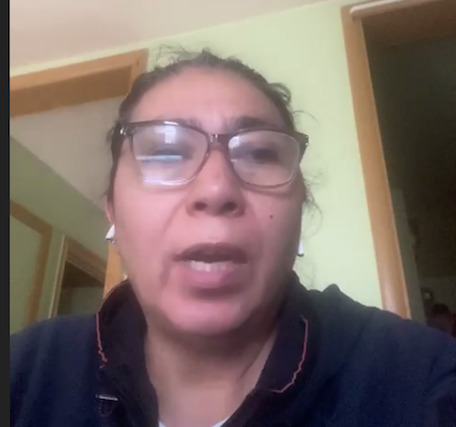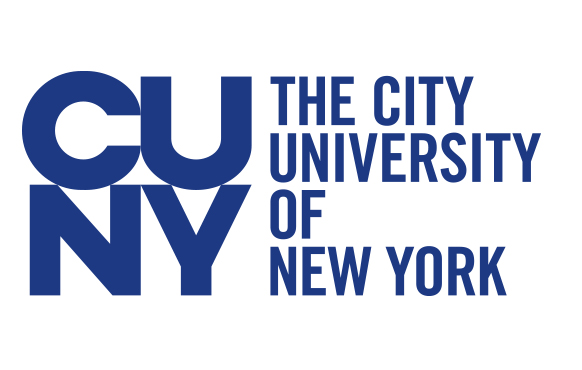
New York, NY – The HERO Act is heading back to the New York State Senate.
The measure — aimed at establishing enforceable workplace safety standards that actually protect workers from the spread of COVID-19, its increasing variants and whatever other virus that may spring up in the future — passed the upper chamber in March, a year after the first recorded case of COVID-19 in the Empire State.
It now rests in the hands of the Assembly Ways and Means Committee, where it is being subjected to “minor language changes.” That means even if the Assembly passes the HERO Act, as worker advocates expect, it must still go back to the Senate before being sent to Governor Andrew Cuomo to sign — or not.
More than 50,000 New Yorkers have already lost their lives to the coronavirus pandemic. The national COVID-19 death toll is over 562,000 souls. More than 31,000,000 are currently infected. An increasing number of variant strains — some more transmissible and lethal — has the scientific community alarmed despite increasing vaccinations.
Assembly Member Karines Reyes [D-87th District], chair of the Subcommittee on Workplace Safety and member of both the Labor and Health committees, blamed the lack of enforceable workplace safety standards more than a year into the pandemic on a legislative “bottleneck” rather than a “lack of political will.”
Business interests oppose the HERO Act, fearing it will negatively impact their revenues.
“We have to go back to the Senate after minor amendments,” Assembly Member Ryes told reporters on Thursday, April 15. “Once we get this through the Ways and Means Committee, we’re confident it will move through the Senate.”
State Senator Michael Gianaris [D,WF-12th District], a key proponent of the HERO Act in the Senate, blamed employers for failing to provide workers with the protections they need throughout the pandemic.
“We know for a fact that there were more deaths than should have been last spring,” the senator said.
Teresa Martinez is a member of the Laundry Workers Center, a non-profit organization championing the rights of low-income industry workers in New York and New Jersey.
She says that employers in the laundry industry are not respecting social distancing and other fundamental COVID-19 safety protocols.
“They don’t give us masks or gloves,” Martinez said this week. “We wash clothes that come from the Emergency Room. They come with fluids. Essential workers are really living a difficult life at this moment. Many of our workers have died.”
Environmental engineer Lupita Montoya warned that more pandemics are, indeed, on the way and that it is time to yield “real practical results that benefit communities” — especially disproportionately hard hit communities of color.
Said Montoya, “These are the kinds of public health solutions we urgently need now.”
Along with enforceable workplace safety standards, the HERO Act also calls for the establishment of health and safety committees made up of workers themselves.
Dr. Kaushal Khambhati, an emergency resident in the Bronx, called the first year of the pandemic “uniquely harrowing,” and one that has exhausted medical personnel and claimed the lives of too many essential workers.
“Literally the backbone of our society has succumbed to COVID,” Dr. Khambhati said. “My [Emergency Department] is still seeing far too many.”
The emergency physician also noted how quickly and dangerously COVID-19 is mutating the longer the pandemic drags on, and said the best way to thank the medical community is to “pass this act.”
ALIGN Executive Director Maritza Silva-Farrell heads up a coalition of 70 labor rights organizations and unions advocating for passage of the New York HERO Act.
“After a year [of the pandemic] we are still not out of the woods,” she said. “New variants are appearing. We cannot allow for a new surge to happen. COVID vaccines are great, but those vaccines are not substitutes for health and safety protections for workers. We cannot wait. We have been waiting a whole year.”



